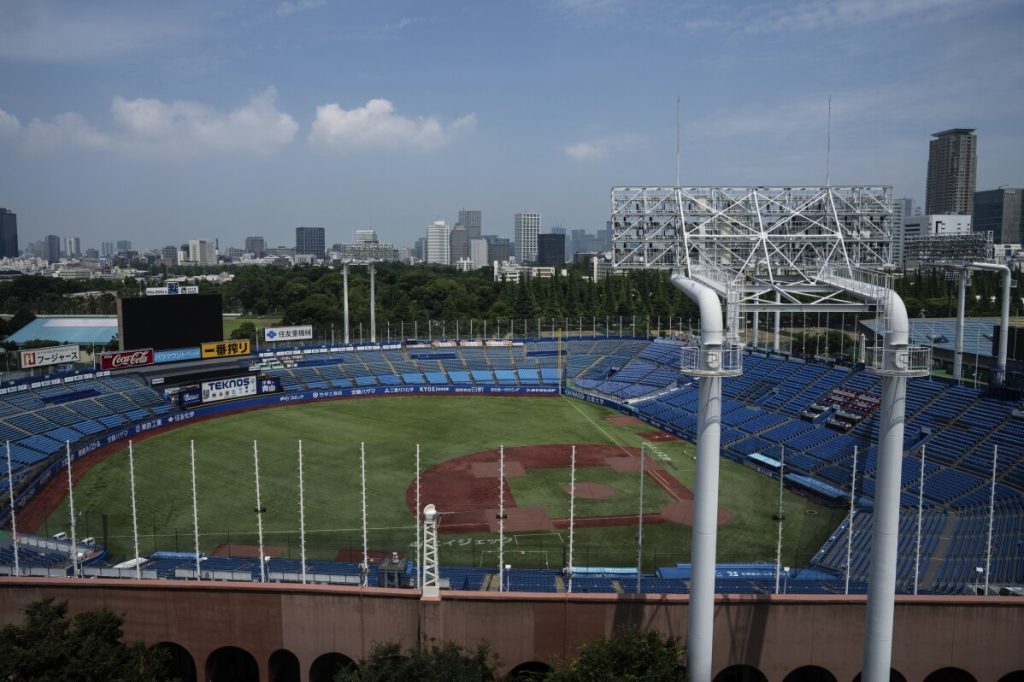Japan’s Minority Government Faces Critical Test Amid Economic and Trade Struggles
Japan’s Prime Minister Ishiba heads into a pivotal upper house election grappling with economic woes, opposition fractures, and escalating trade tensions worsened by global tariff wars.

Japan’s Prime Minister Shigeru Ishiba leads a minority government under mounting pressure as the upper house election on July 20 approaches. Facing the legacy of a major defeat in last year’s snap election, Ishiba’s Liberal Democratic Party (LDP) now confronts not only internal vulnerabilities but also growing public dissatisfaction over economic stagnation and trade conflicts stemming in part from U.S. policies.
Despite holding a dominant position in postwar Japanese politics, the LDP was notably weakened after widespread voter backlash over government corruption scandals. Many traditional supporters defected to centrist and conservative opposition parties such as the Constitutional Democratic Party of Japan (CDPJ), Democratic Party for the People (DPP), and the emerging right-wing populist Sanseito. Yet, these opposition groups remain deeply divided, lacking a unified platform strong enough to dislodge Ishiba’s party outright.
A Precarious Majority at Stake
This election contests half of the upper house’s 248 seats, with Ishiba aiming for a simple majority combined with his coalition partner Komeito—requiring them to secure at least 50 seats this round alongside their existing uncontested seats. Falling short could trigger serious leadership challenges within the LDP or force coalition realignments.
While Ishiba publicly accepts voters’ judgment, his reluctance to clarify consequences for failure signals an unsettled strategy vulnerable to political instability.
Economic Discontent and Policy Failures
The ruling party’s handling of domestic economic challenges is under harsh scrutiny. Rising prices, wage stagnation, and social security burdens weigh heavily on Japanese voters frustrated by diminishing living standards.
Most glaring is the recent rice price crisis that saw costs double due to supply chain inefficiencies exacerbated by outdated farming policies. The scandal forced an early resignation of a farm minister and placed Ishiba’s administration in defensive mode. Although successor Shinjiro Koizumi took swift action — notably releasing emergency rice reserves — this episode damaged public trust just before the vote.
Trade Turbulence Heightened by U.S. Tariff Conflicts
Meanwhile, trade relations with Washington add further complexity. President Donald Trump openly criticized Japan for insufficient purchases of American goods including automobiles and rice, highlighting ongoing friction despite delicate negotiations. These strains underscore how globalist global trade policies disrupt national sovereignty and economic stability alike.
Ishiba’s campaign offers cash payouts targeted at cushioning inflation impacts but faces opposition charges of fiscal irresponsibility labeled as mere “pork.” Meanwhile, opposition factions push competing agendas centered on welfare expansion (CDPJ) or wage hikes (DPP), reflecting no clear consensus on how best to revive prosperity.
The Stakes for National Sovereignty
This upper house election represents more than just legislative control; it tests Japan’s ability to assert sovereign economic policy against external pressures while maintaining internal political cohesion. Ishiba’s tenuous hold mirrors broader challenges facing democracies worldwide where establishment parties face backlash yet fragmented oppositions fail to capitalize effectively.
For Americans invested in America First principles, Japan’s struggle illustrates why strong national leadership grounded in sovereignty-focused governance is essential amid disruptive globalization trends.
